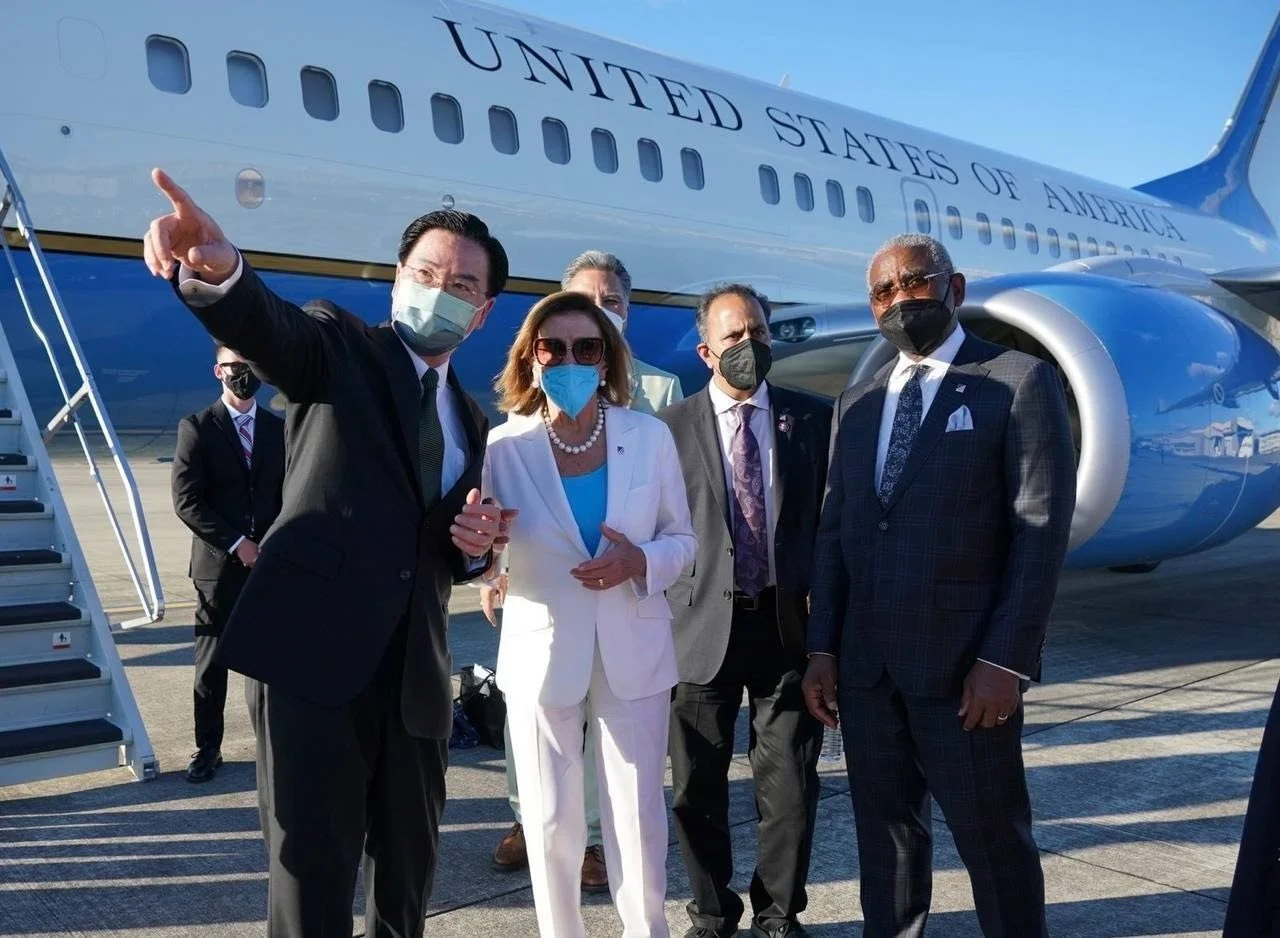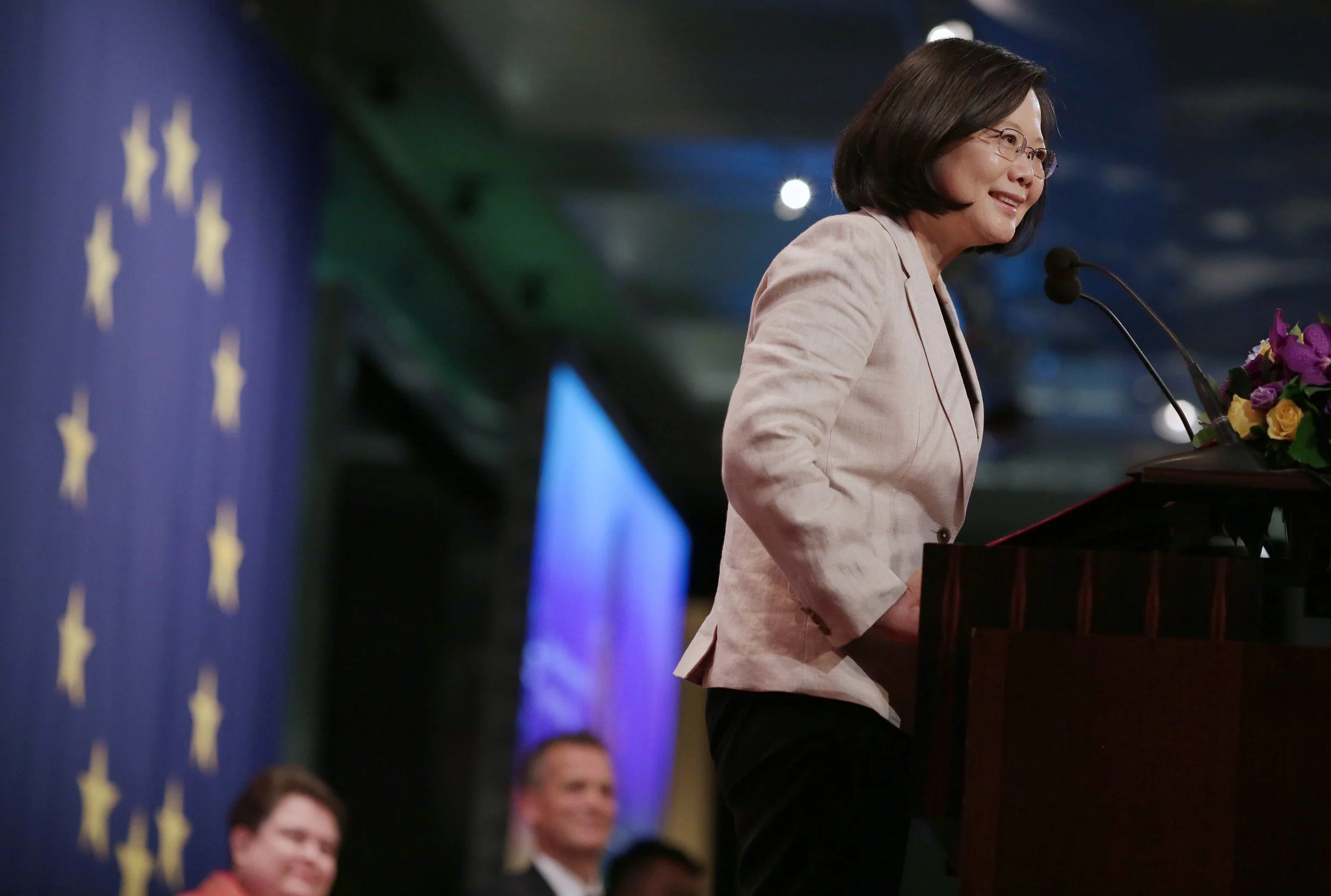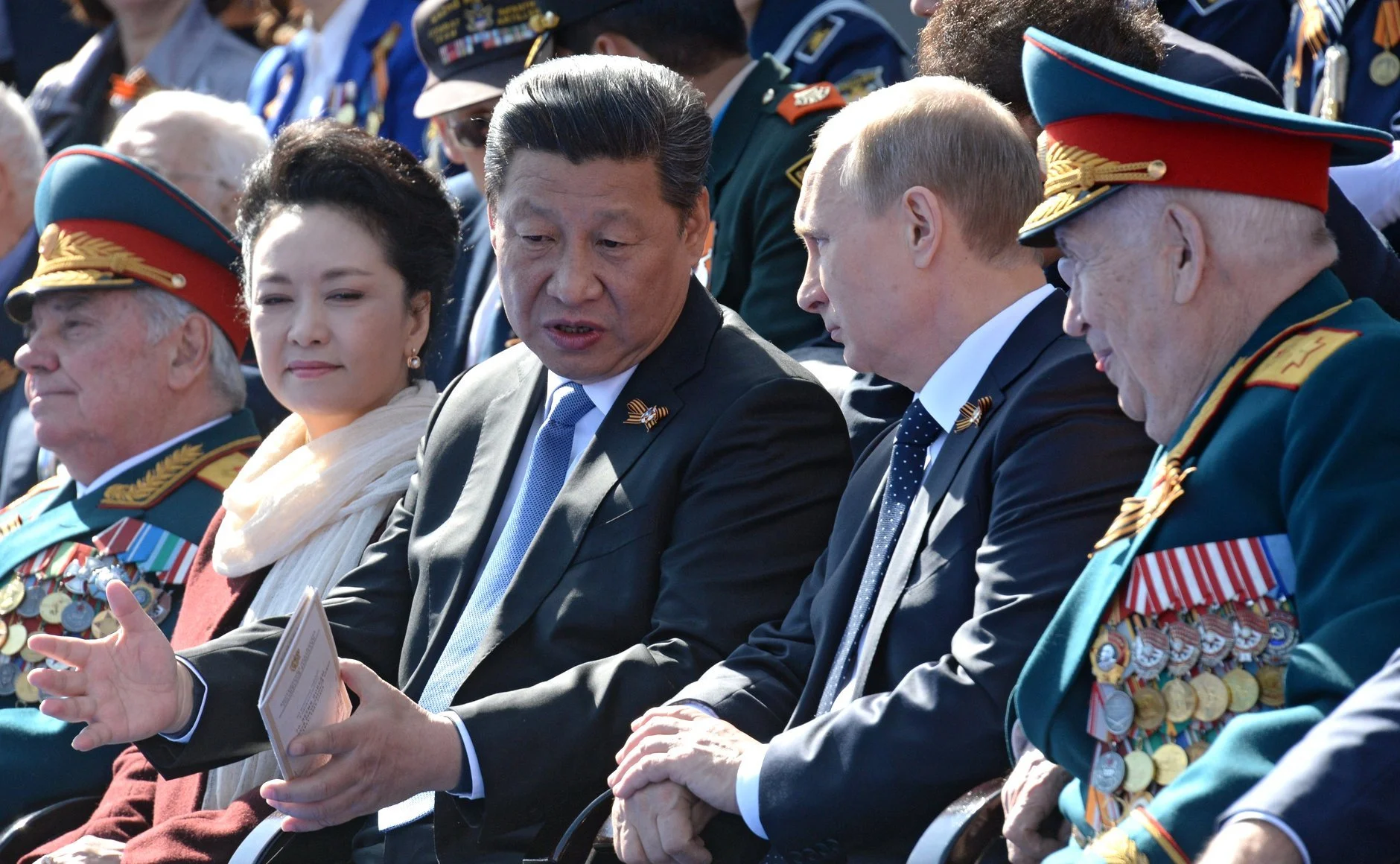Written by Rorry Daniels
Although there is an optimistic case to make that Taiwan is not the kindling for a great power ‘bonfire’, the tenuous bargain that has protected cross-Taiwan Strait peace and stability for 40 years is under intensified threat and requires mindful attention to preserve the peace in US-China and cross-Strait relations.
Read More















